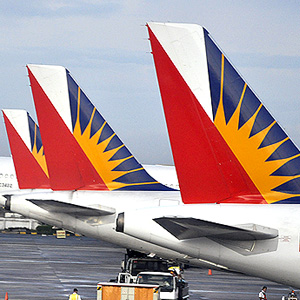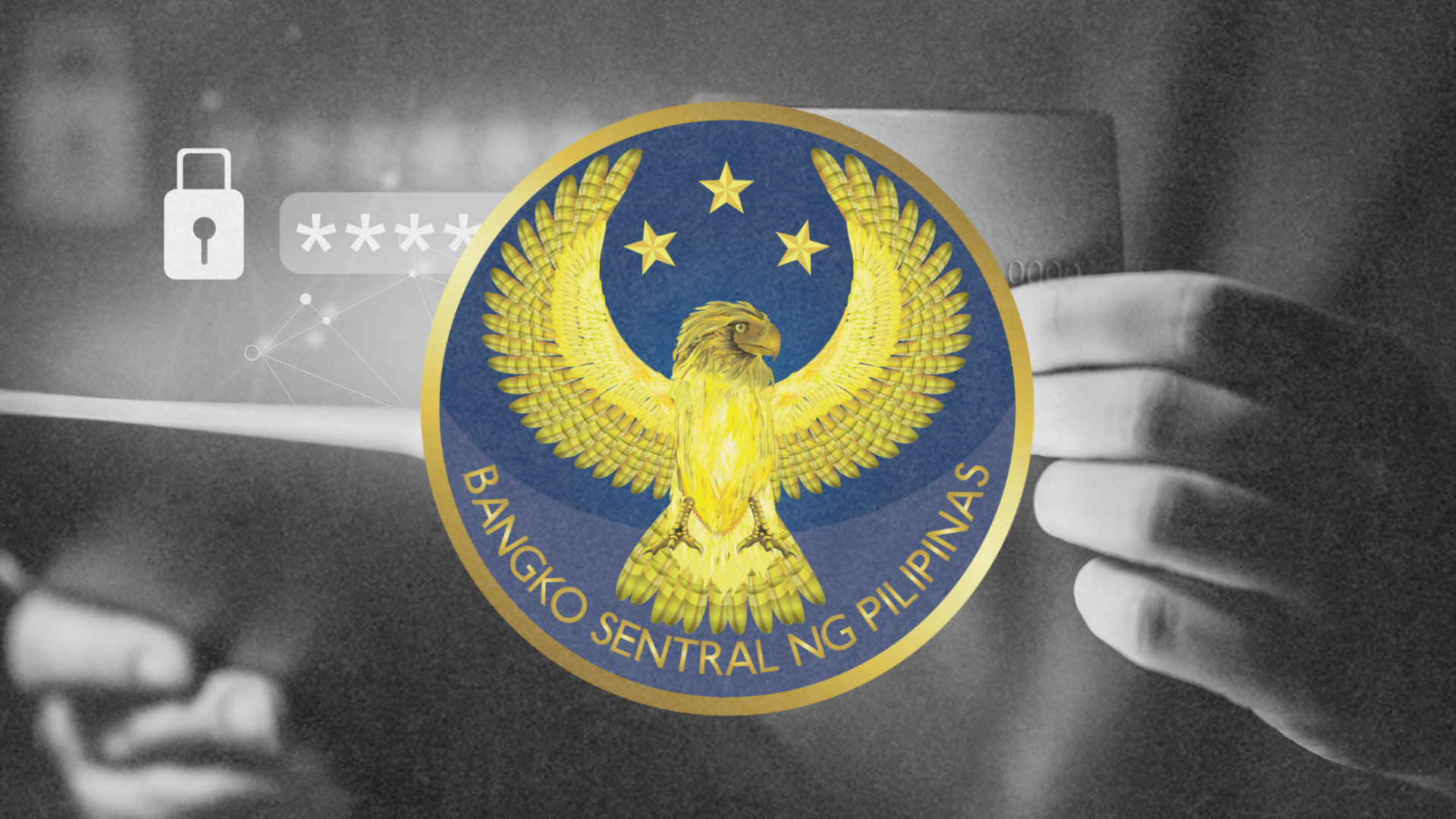Philippine Airlines (PAL) is facing labor problems in two fronts, from the PAL Employees Association (PALEA) that made the national flag carrier’s transition to outsourcing very difficult and the Flight Attendants and Stewards Associations of the Philippines (FASAP), which is seeking a multi-billion back wages suit.
The Supreme Court earlier declared as illegal PAL’s retrenchment of the cabin crew personnel in 1998. It has also denied the airline’s PAL’s second Motion for Reconsideration and ruled with finality.
The court case stretched for 13 years with three separate Supreme Court decisions ruling in favor of FASAP from 2008 to 2011. However, a letter submitted to the court by PAL attorney Estelito Mendoza opened the case for another review based on a technicality. FASAP president Bob Anduiza called it a case of “mind-boggling, endless litigation.” The latest decision also drew gasps from several legislators, drawing doubts on the consistency of the High Court.
PALEA members have staged work stoppages towards the September 30 transition. The labor strikes staged at the NAIA complex highlighted the lack of smooth transition of manpower in PAL. Numerous reports came out highlighting the incompetency of the new employees, undermining the national flag-carrier’s air trustworthiness and overall corporate desirability.
Nevertheless, in a statement given to the Foreign Correspondents Association of the Philippines on October 12, President Aquino said that though he sympathized with the protesting employees, he could not be involved in their intervention as he himself recognized the airline company’s “need to reformat their corporation to survive.”
SecurityMatters maintains that present worker issues in the national flag carrier will have a long-term effect on the national flag carrier. Already bogged by competition, PAL will have to resolve such issues to remain financially competitive.
Already, PAL has experienced several flight cancellations in both international and domestic flights. Ace and Associates, Inc. maintains it will take at least two to three months before operations become normal. SecurityMatters believes that the outsourced personnel are still not fully trained and overworked.
Additional aircraft safety issues have since surfaced. On October 14, an incident involving technical problems with the landing gear caused the delay of a Philippine Airlines flight bound for Hong Kong. PAL’s PR-300, with 360 passengers on board, took off at 7:56 a.m. but returned to the ramp at 8:54 a.m. PAL avers that the incident was merely a “safety procedure.”
Though PAL earlier announced that none of its terminated employees were involved in aircraft maintenance and that its international flights have normalized since spinning off three non-core businesses on Oct. 1, SecurityMatters believes it would take PAL a longer time to resolve these various issues.
While the airline has found a reprieve from the latest decision of the Supreme Court on the FASAP case, its decision to issue checks for separation packages to employees who subscribed to PAL’s implementation of the outsourcing program while choosing to put the 338 former employees who joined the protest “on hold pending their final clearances,” is bound to spark further conflict. PAL may engage another politicized union into a high profile legal wrangling.
See related article: PAL Lays Off 2,600, Starts Outsourcing Plan






